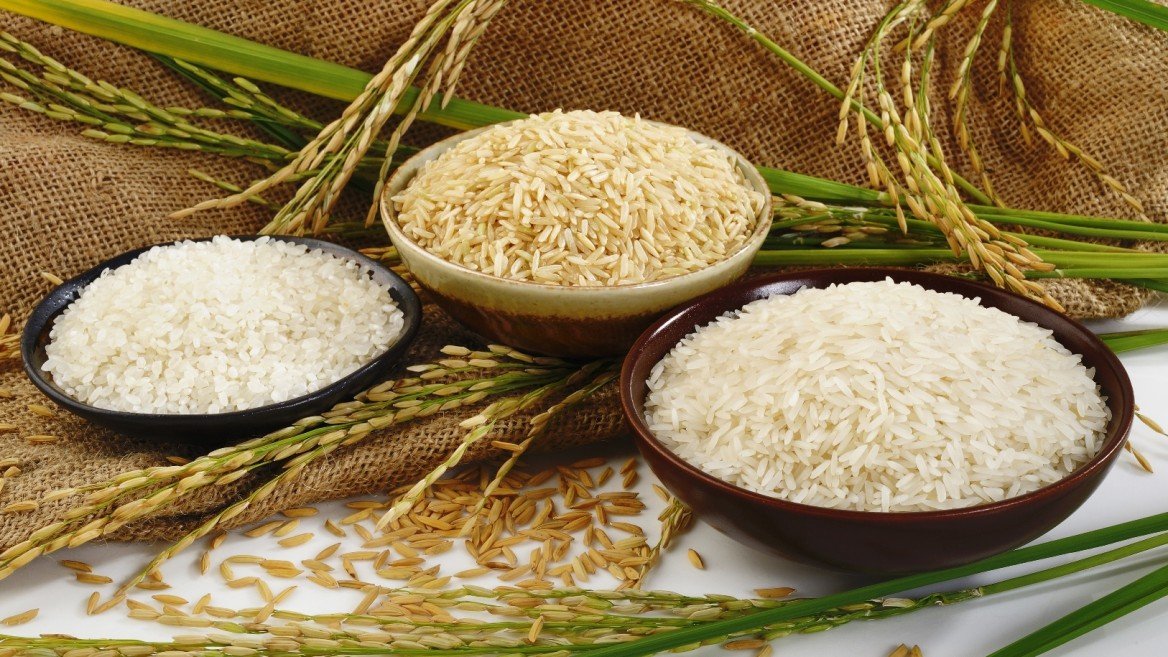Inside BENEO’s new pulse plant: pioneering sustainable protein from faba beans
Moving towards a vaccine to reduce yield loss due to diseases in rice
Dr Tayi Lavanya, a recipient of DST-Inspire Faculty Fellowship, instituted by the Department of Science & Technology, Govt. of India, working in Centre for Plant Molecular Biology (CPMB), Osmania University, Hyderabad along with her research group is working to identify and develop few molecules which are derived from either the Xoo bacterium or from the infected rice cell walls.
The team is developing new disease control strategies which they can use as vaccines that activate the rice immune system and provide resistance to rice plants from subsequent infections by pathogens.
Xanthomonas oryzaepv. oryzae, or commonly known as Xoo infection, cause huge yield losses to rice cultivation throughout the world. Treatment of rice with cellulase, a cell wall degrading enzyme secreted by Xoo induces rice immune responses and protects rice from subsequent infections by Xoo.
The team led by Dr Lavanya carried out biochemical and functional studies on plant cell wall degrading enzymes secreted by Xoo, which has provided key insights into the mechanisms by which the Xoo pathogen interacts with rice plant and cause disease.
Currently, Dr. Lavanya’s group is working on a cellulase protein secreted by Xoo. This cellulase protein has the features of a typical vaccine as it is a potent elicitor of rice immune responses. Pre-treatment of rice plants with this protein provides resistance to rice against subsequent Xoo infection.

